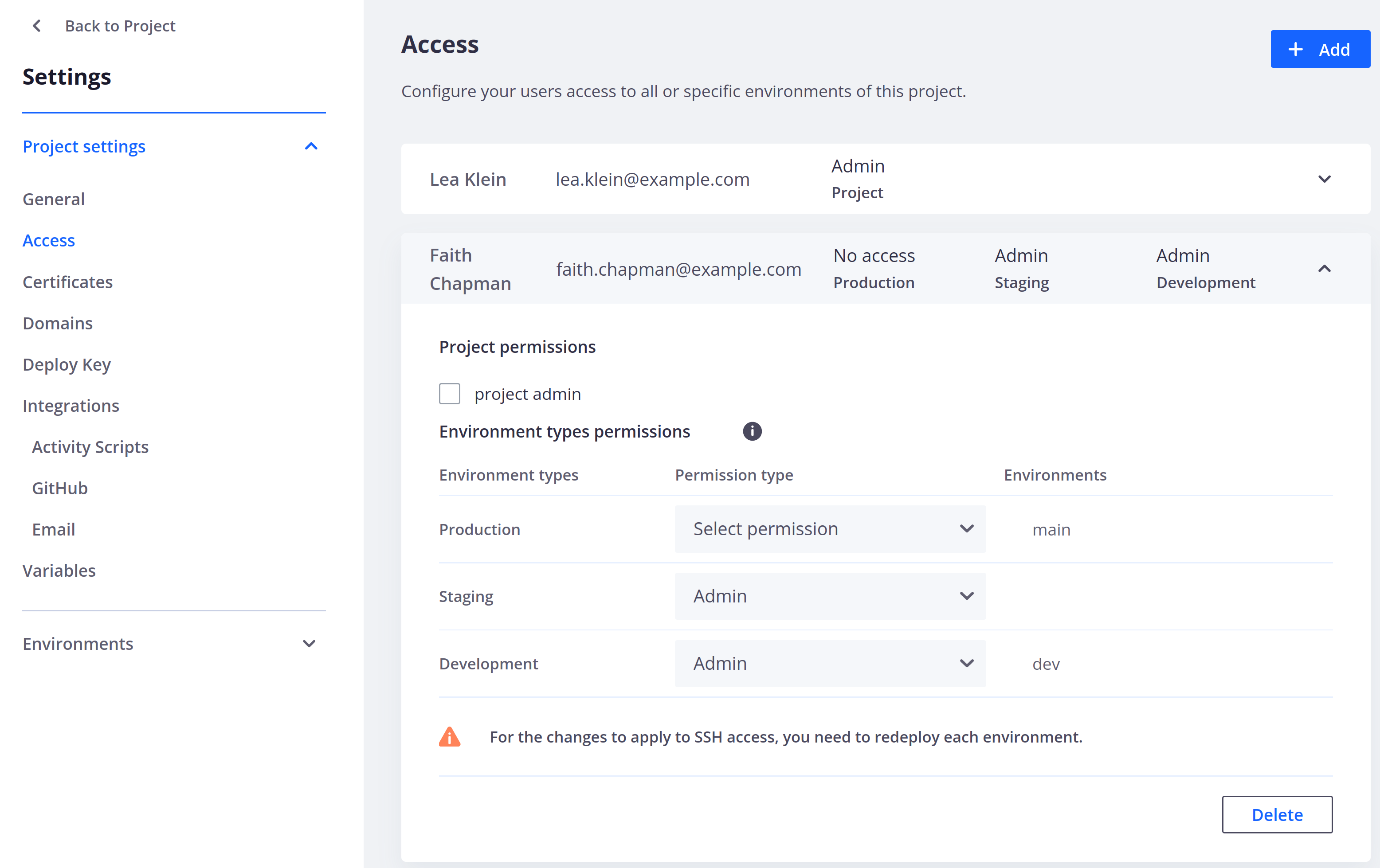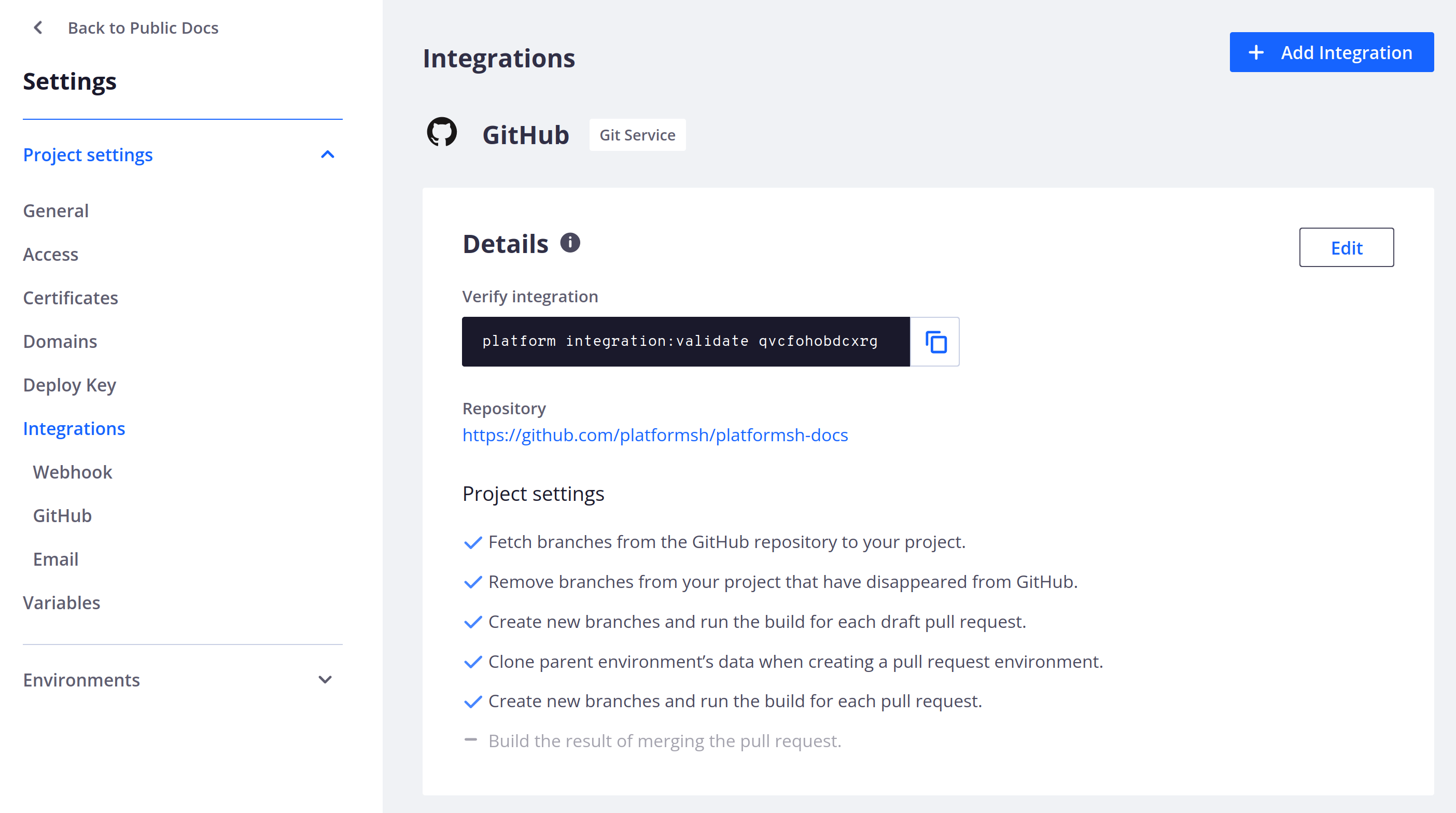The growing complexity of web infrastructure is a challenge that many organizations face today. When building and deploying web apps, IT teams must grapple with an array of choices, from selecting which backend system to use to deciding which framework to code in. According to a recent survey from software developer Infragistics, more than a third (40%) of developers are facing increased customer demands while 39% are working with limited resources, including tight budgets.
There’s no silver bullet. But Fred Plais argues that his service, Platform.sh, can help make developers’ lives easier by abstracting away much of the underlying web app infrastructure. In support of this vision, Digital Partners led a $140 million Series D round in Platform.sh that closed today with participation from Morgan Stanley Expansion Capital, Revaia, BGV, Eurazeo, Hiinov, and Partech. It brings Platform.sh’s total raised to $187 million, which Plais said is being put toward hiring efforts and “doubling down” on automation.
Prior to co-cofounding Platform.sh with Damien Tournoud and Ori Pekelman, Plais co-launched Infoclic, a French-language search engine, and Commerce Guys, an ecommerce platform powered by the open source project Drupal. Pekelman previously co-founded two consulting companies, Internet Patrol and Constellation Matrix, and was a board member at Commerce Guys. As for Tournoud, he helped to start Commerce Guys and was an IT strategy consultant at Fontaine Consultants.
“I founded Platform.sh in 2015 with my partners, Tournoud and Pekelman, with the goal of simplifying the life of web developers,” Plais told TechCrunch in an email interview. “Managing web infrastructure is very time-consuming and we knew we had the solution to making the process more efficient and cost-effective. Seven years later, the cloud has not become simpler. On the contrary, it has grown even more complex due to the emergence of containers, microservices — not to mention the ever-present need for faster and better performance and the ability to manage more and more apps.”

Developers can use Platform.sh’s tools to deploy and test web apps.
To Plais’ point, a poll conducted by low-code tooling vendor OutSystems found that, for nearly half of companies, the average time to deliver a web or mobile app was five months or more in 2019. One estimate pegs the cost at between $20,000 to $60,000 — varying based on the capabilities, of course.
Using Platform.sh, websites and web apps can be built by different development teams in different languages and using different frameworks. From a dashboard, developers can manage databases and workflows and create production replicas for working in, testing, and sharing with stakeholders. Ideas can be piloted and merged into production before being deployed across multiple cloud providers. Infrastructure changes are versioned and auditable, while build dependencies and tests are resolved by the platform automatically.
Plais sees Heroku as one of Platform.sh’s main competitors, followed by smaller players including Vercel, Netlify, and Acquia (the commercial arm for Drupal). Underlining the demand for web app development tools, Vercel recently raised $150 million — around the same time that Netlify landed $105 million. Acquia, meanwhile, was acquired by private equity firm Vista Equity Partners for $1 billion in 2019.
Plais asserts that Platform.sh is “highly competitive” in spite of its funding disadvantage, differentiated by its support for a mix of web development solutions (e.g., frameworks) — which not all rivals match.
“Platform.sh offers companies an end-to-end platform that helps build, host, and scale a fleet of websites and web apps while removing the need for IT and cloud operations,” Plais said. “The C-suite, especially CIOs, are well aware of the time and resource investment required for managing website infrastructure, especially when multiplied by dozens or even hundreds of websites. Platform.sh is an ideal solution for budget-conscious IT leaders who want to be in the pilot seat – governing and allowing teams to do actual innovation work rather than invest all of their ‘innovation tokens’ in the underpinning machinery.”
Plais was refreshingly transparent when asked about Platform.sh’s financials, revealing that current annual recurring revenue is $45 million — up 50% from 2021. The company has a roughly 5,000-strong customer base, which includes organizations like Adobe, Nestlé, the Financial Times, and the U.S. Chamber of Commerce as well as universities and government organizations such as the Army and Ministry of Culture in France.

Image Credits: Platform.sh
“While clearly the market is going to have some headwinds that we will need to adapt to, we are actually well-positioned to benefit. As a company, we’ve always been frugal and capital efficient with very lean operations and a focus on sustainable growth,” Plais said. “Early in the pandemic, we froze hiring for a quarter to assess the situation and make sure we can adapt our spend to the changing market. That was a difficult call, but was probably the right one at the time — otherwise we weren’t operationally affected.”
Platform.sh plans to expand its workforce of around 340 employees to over 400 in the next year, focusing on North America and Western Europe. The company has offices in France, Germany, the U.S., and the U.K.






